|
Genres, Themes, Actors, and Directors:
- Doctors and Nurses
- Eastern European Films
- Jews
- Resistance Fighters
Review:
Czech director Zbynek Brynych helmed this vaguely allegorical tale of defiance during oppression — nominally about a Jewish doctor daring to treat a wounded Resistance fighter during wartime occupation:
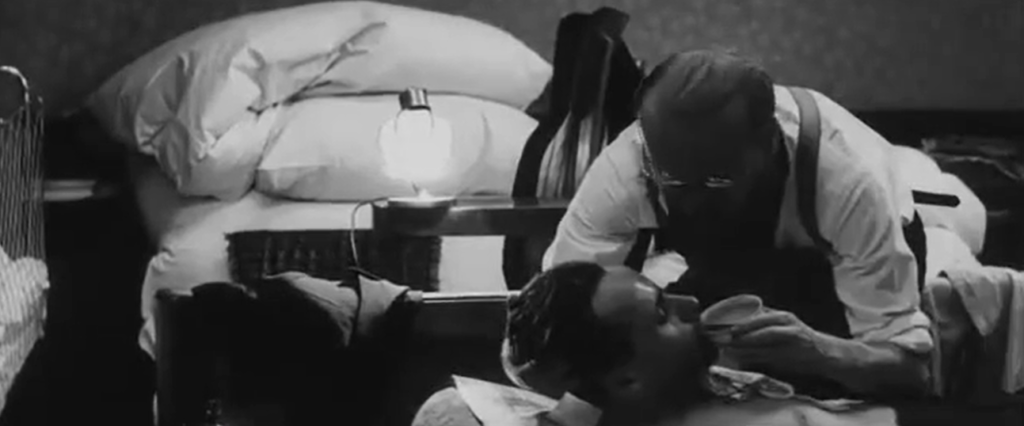
… but perhaps really (also) about resisting repression and surveillance in a Soviet-occupied country. Meanwhile, Eddie Muller has argued on behalf of this film as a noir, given that it takes place during “one dark night of the soul” and tells the tale of difficult choices made by an individual who is tempted by fate and other forces.
While visually rich, the storyline is fairly straightforward, as described in Wikipedia’s overview:
Set in Prague during the German occupation of Czechoslovakia, the film follows Dr. Braun, a Jewish doctor forbidden to practice medicine. He instead works for German officials, cataloging confiscated Jewish property.
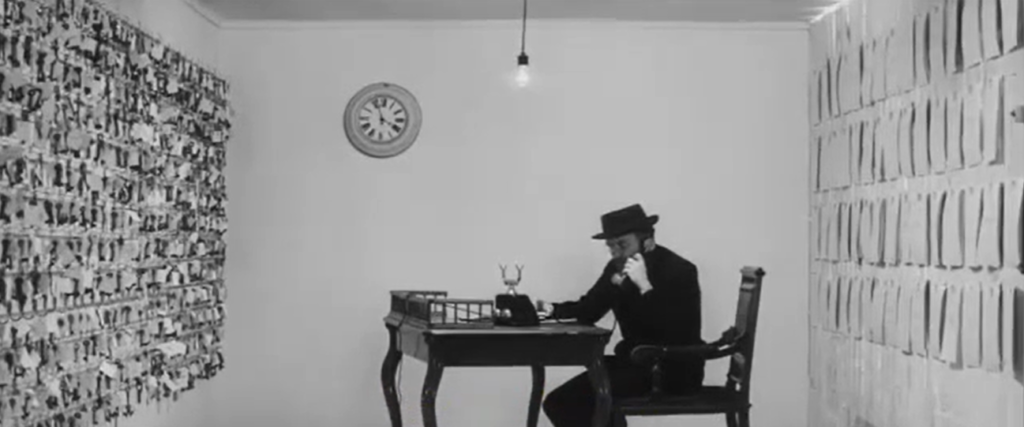
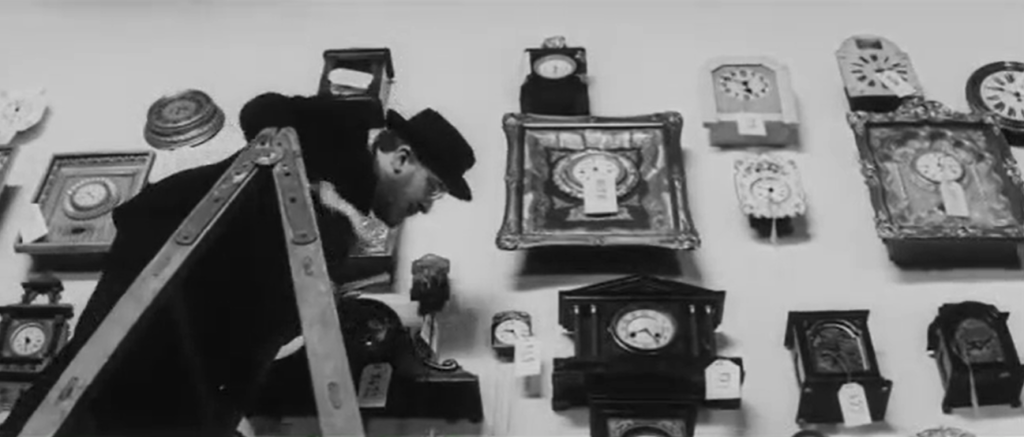
All Braun wants to do is survive, but his pragmatic mentality is challenged when an injured resistance fighter stumbles into his apartment building. A quest for morphine leads Dr. Braun through his tortured city, where fear eats away at the social structure.
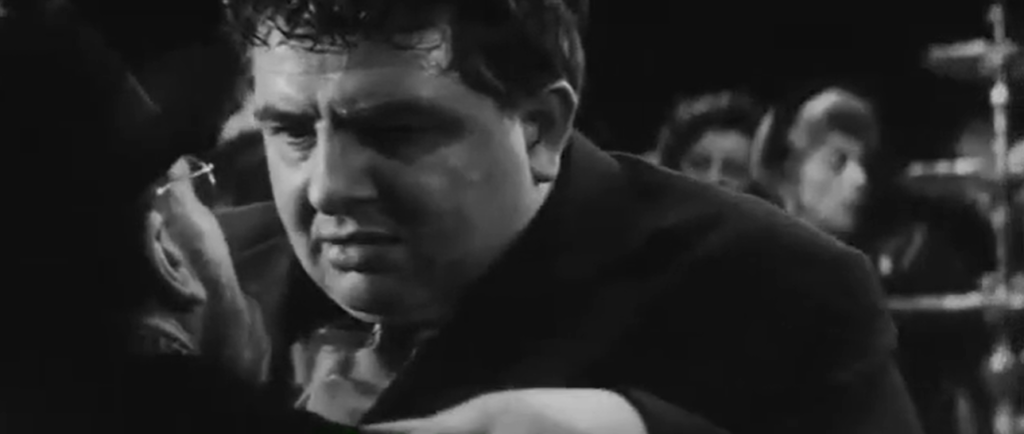
Superficially, the city might appear to be normal, but hallucinations, awkward outbursts, and nervous, self-conscious behavior make it clear that society is falling apart.
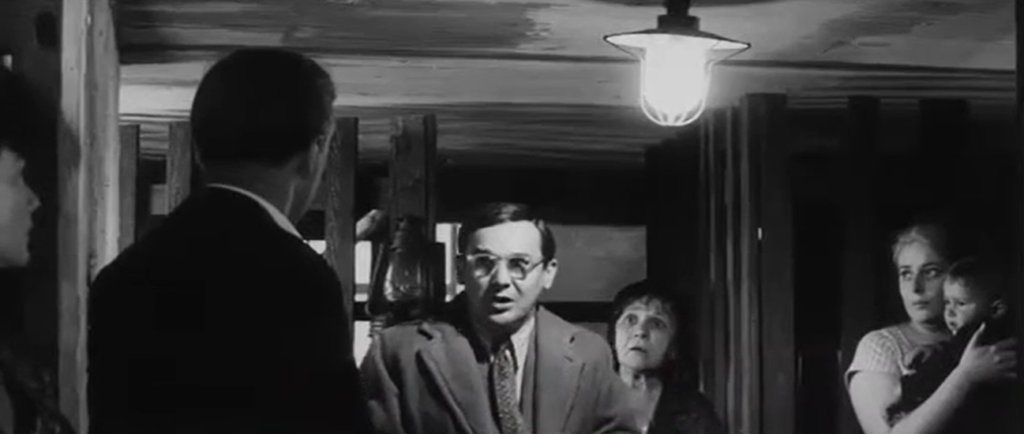
It’s all very atmospherically filmed, and well worth a look as an incisive glimpse at a particular time and place (or perhaps two) in history.
Notable Performances, Qualities, and Moments:
- Fine direction and cinematography
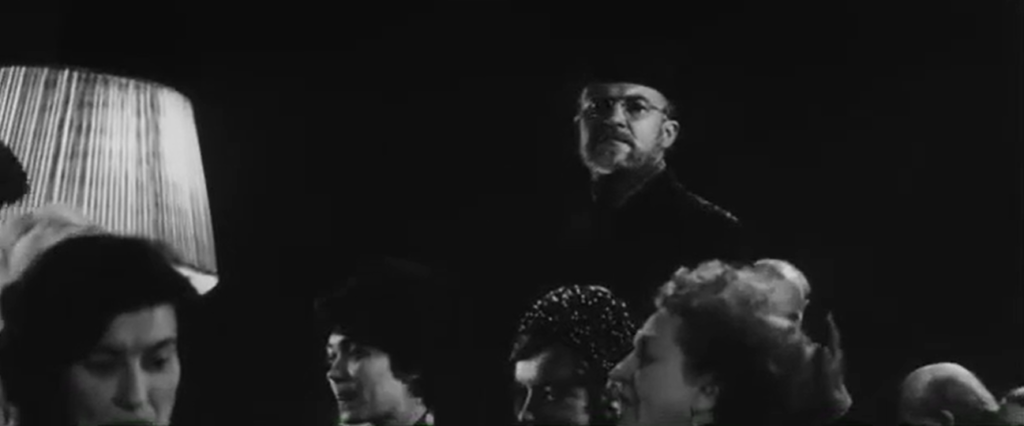
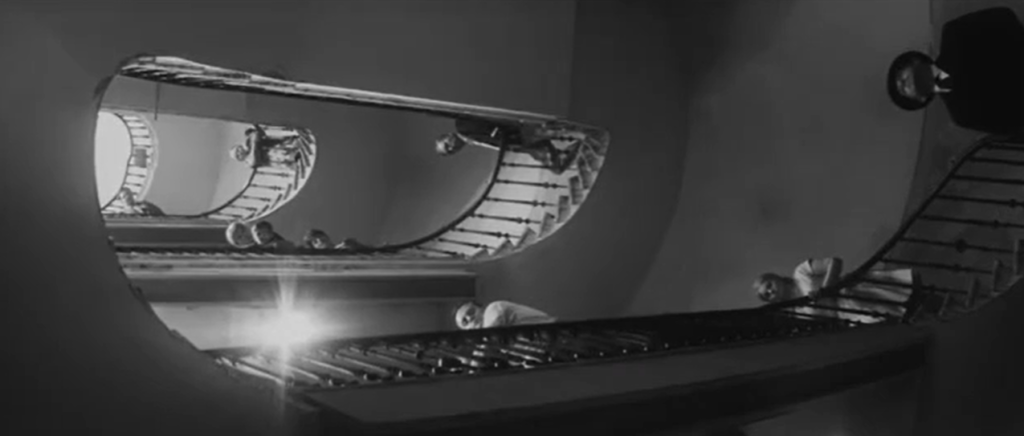
Must See?
Yes, for its historical relevance within international cinema. Listed as a film with Historical Relevance and a Personal Recommendation in the back of Peary’s book.
Categories
Links:
|
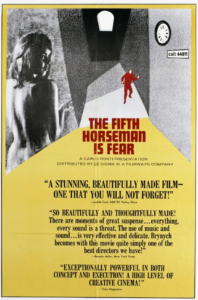







One thought on “Fifth Horseman is Fear, The (1965)”
Rewatch (1/17/23). A once-must, for its place in cinema history.
The Czech film made the same year as ‘The Shop on Main Street’; both are Oscar-worthy but ‘The Shop’ won the award.
In a way, ‘TFHIF’ is more intriguing than ‘The Shop’ – because of how it’s presented. Anyone very familiar with WWII / Nazi films will be able to slowly put the specifics of what’s going on here together. There’s next to nothing (directly) in terms of context… at least not much verbally. But there are plenty of visual clues. (It’s only in the last 5 minutes that ‘The Reich’ is referred to in a radio broadcast.) .
The film may be rather minimalist but its impact is large. Terrific performances, direction and cinematography.